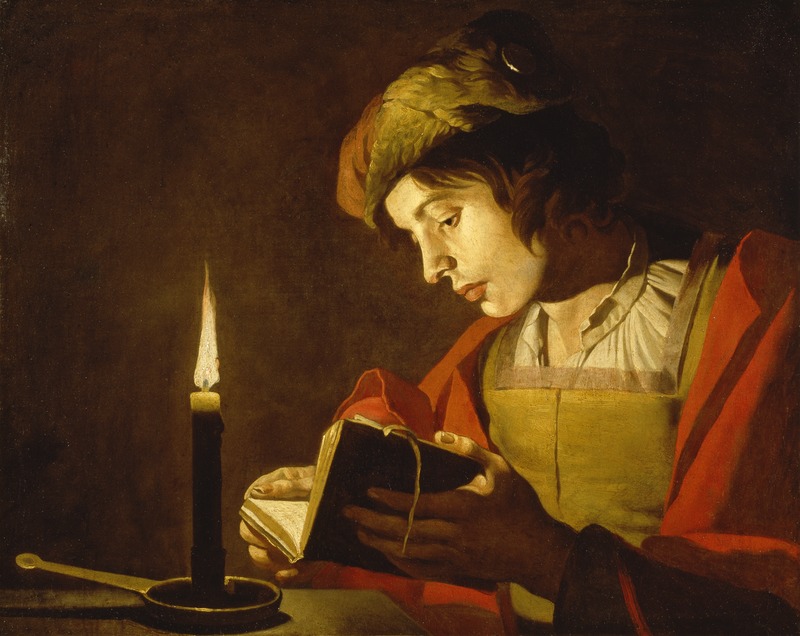Thursday
Today’s radicalized GOP is teaching me that a literary education is a vital tool in resisting tribalism. In the days when I used to think that respecting difference was a commonly held value in our multicultural democracy, literature didn’t seem to have the urgency it has since acquired. Poetry and fiction were nice things to have, I thought, but not essential to our political survival.
After Donald Trump came along and gave a significant portion of our electorate permission to demonize and otherwise write off many of their fellow Americans, however, my view changed. Teaching Composition and Literature, as I’m currently doing at Sewanee after a two-year hiatus, suddenly feels like a political act.
For instance, when I was teaching Lucille Clifton’s poem about her autistic grandson the other day, I couldn’t help but think of the time when Trump made fun of reporter Serge Kovaleski, who has arthrogryposis, a congenital condition affecting the joints. When I was teaching her “note to self,” about ways in which I and others as St. Mary’s College failed to understand why our black students were angry and confused (read my account of that here), I thought of those Republicans who don’t want schools engaging in difficult race conversations. When I taught her “wishes for sons,” where she wishes men would be more sensitive to the biological challenges that women face, I thought of how the Supreme Court appears ready to wipe away (or severely curtail) a woman’s right to choose—as though the state knows better than women what is right for them.
As I noted the other day, I realize that what the right now means by “critical race theory” is actually “race conversations that make us uncomfortable.” And I think how Clifton used to introduce her poetry readings with the declaration that her job was “to comfort the afflicted and afflict the comfortable.” Her poetry, in other words, is often written to make people uncomfortable. In the eyes of the right, then, to teach Clifton’s poetry is to teach critical race theory.
And lest you think that older white writers are more comfortable than contemporary black authors, think for a moment about how readers in the current climate will experience Shakespeare’s Othello, which I’ll also be teaching in the course. The most logical explanation as to why Iago hates “the moor of Venice” is that he is a black man who has been promoted over him. Iago at one point casts a slur that we recognize only too well. “Even now,” he says to Desdemona’s father after the two lovers have run off, “an old black ram is topping your white ewe.” Othello may be a magnificent military leader but this white underling puts him in his place by reducing him to a sexual stereotype.
That’s not the only currently sensitive issue that the play tackles. In Othello-Desdemona it captures the complex dynamics of interracial relationships, and in Othello the insecurities of a black man who desperately wants to be accepted and who believes his military victories and his white wife mean that he’s arrived. He can’t imagine how deep white resentment goes. That’s a good reason why Iago can manipulate him so easily.
I know ahead of time that these issues will come up in our class discussions. That’s the thing about a liberal arts education: it liberally explores all kinds of things. That’s why rightwing extremists hate it so much.
It’s not that professors are leftwing radicals indoctrinating students. Like many, my own politics are fairly moderate and I go out of my way to avoid imposing my views on my students. Not that attempting to shape them politically would do much good even if I tried: in my experience, students, having their own minds, go their own ways after they leave us. But it is true that I insist that they seek to understand people unlike themselves and accord them a degree of respect. This goes for both the characters in the works we read and for the people who are their classmates.
In the eyes of people who dwell within tribal animosities, this is unacceptable, which means that they often regard literature itself with suspicion. And indeed, literature is powerful force that is not easily controlled. They are right to fear it.


